
Decoding Guyana's Estates and Stills
One advantage of rum from independent bottlers is that the label usually says which distillery made it. Many Caribbean distilleries have distinct flavor profiles, so this information can provide a strong clue regarding how the rum in a bottle tastes.
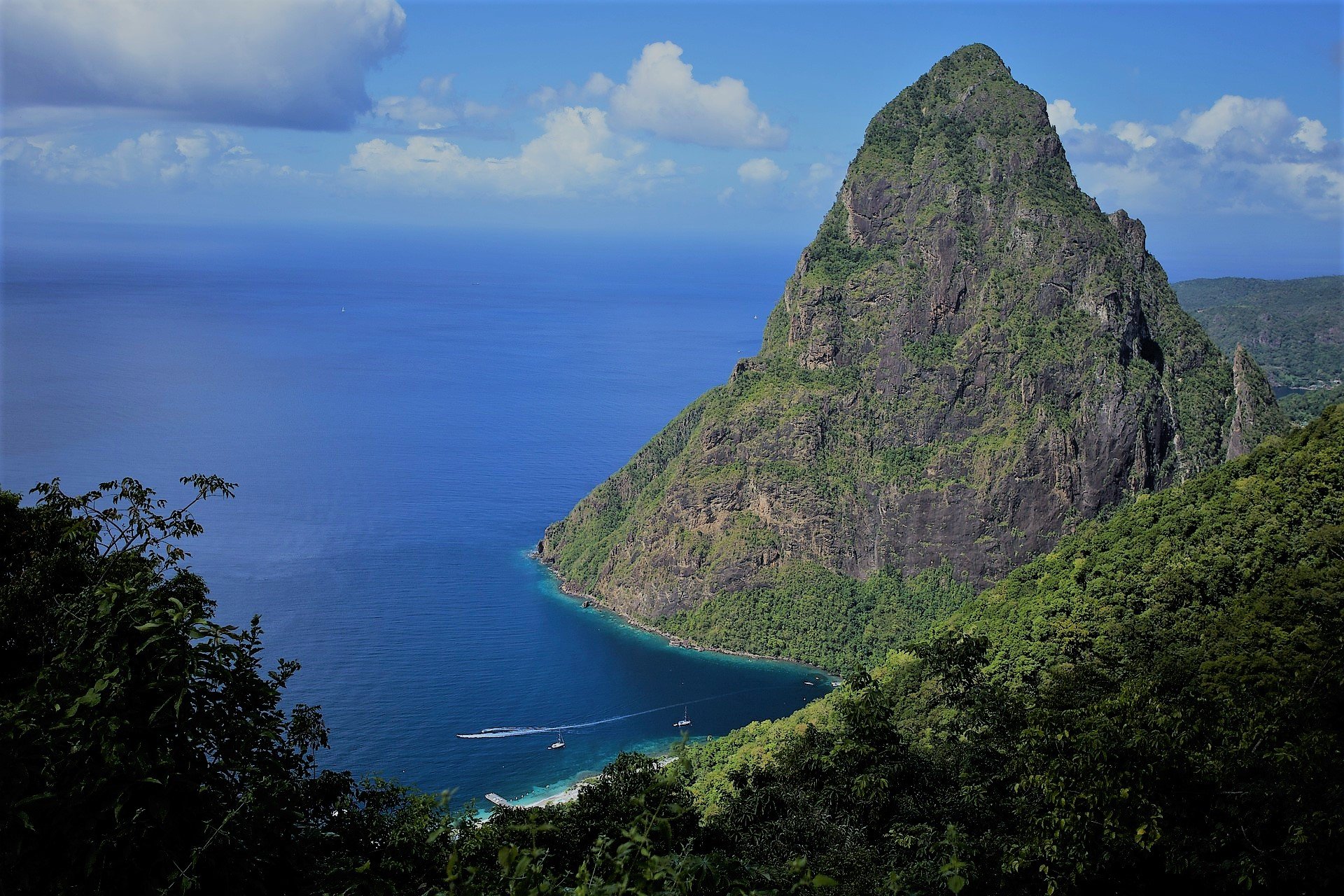
Rum regions: Saint Lucia
Unlike islands like Jamaica, Barbados, Cuba and Martinique which were flagships of Caribbean rum-making for centuries, St. Lucia’s reputation as a top-tier rum maker came more recently. This isn’t to say St. Lucia is new to making rum …
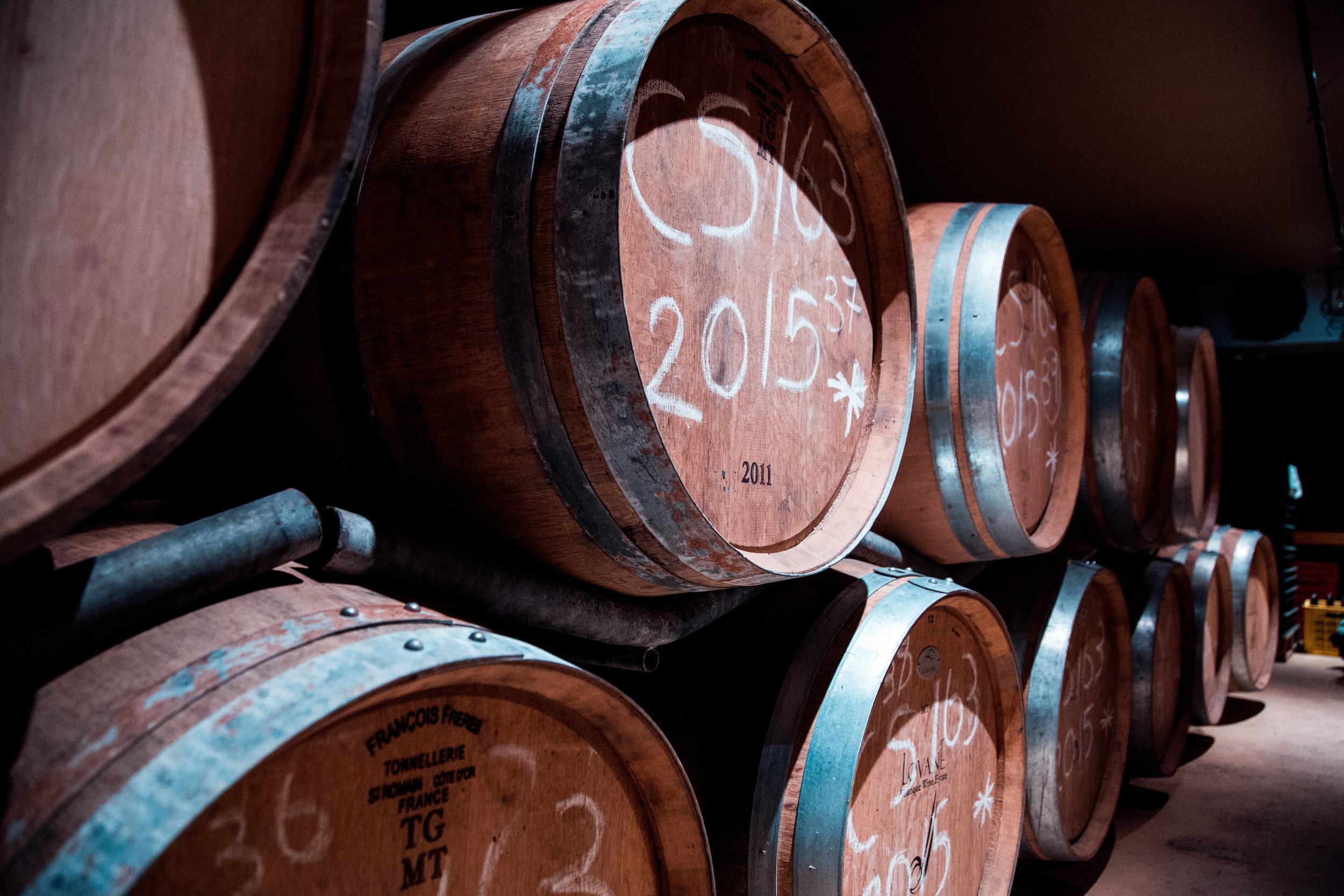
Esters and Jamaican Rum
In our prior post, Where Does Rum Flavor Come From, we learned that the aromas and tastes in a rum originate from numerous organic compounds touching our olfactory sensors. Among the compounds are many permutations of acids, alcohols, and aldehydes, but it’s esters that make a rum geek’s heart beat faster, especially when it comes to Jamaican rum. To understand the particularly strong connection between esters and Jamaican rums, we must go back several centuries.

Where Does Rum Flavor Come From
Rum’s wide diversity in aromas and flavors results from skilled rum makers using many variations of the core rum-making processes to craft their signature profile. While tasting notes often use everyday experiences to convey a rum taste, there are other ways to understand a rum’s character.
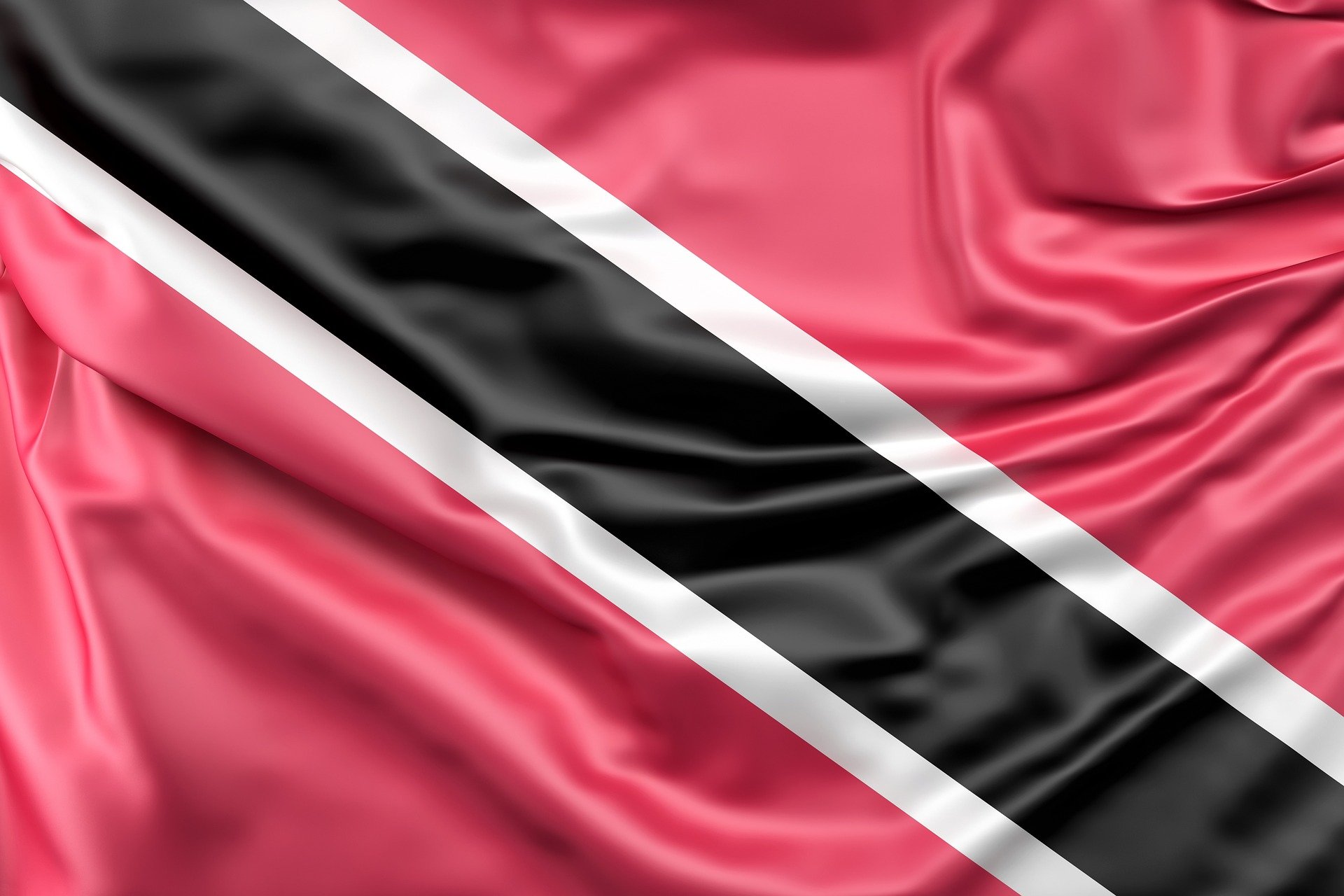
Rum Regions: Trinidad
Trinidad Rum is a bit of an enigma. While often mentioned in the same breath as Jamaican, Barbadian and Guyanese rum, the style of rum Trinidad makes today is substantially different than the others. Furthermore, its most highly sought-after rum hasn’t been made for two decades.
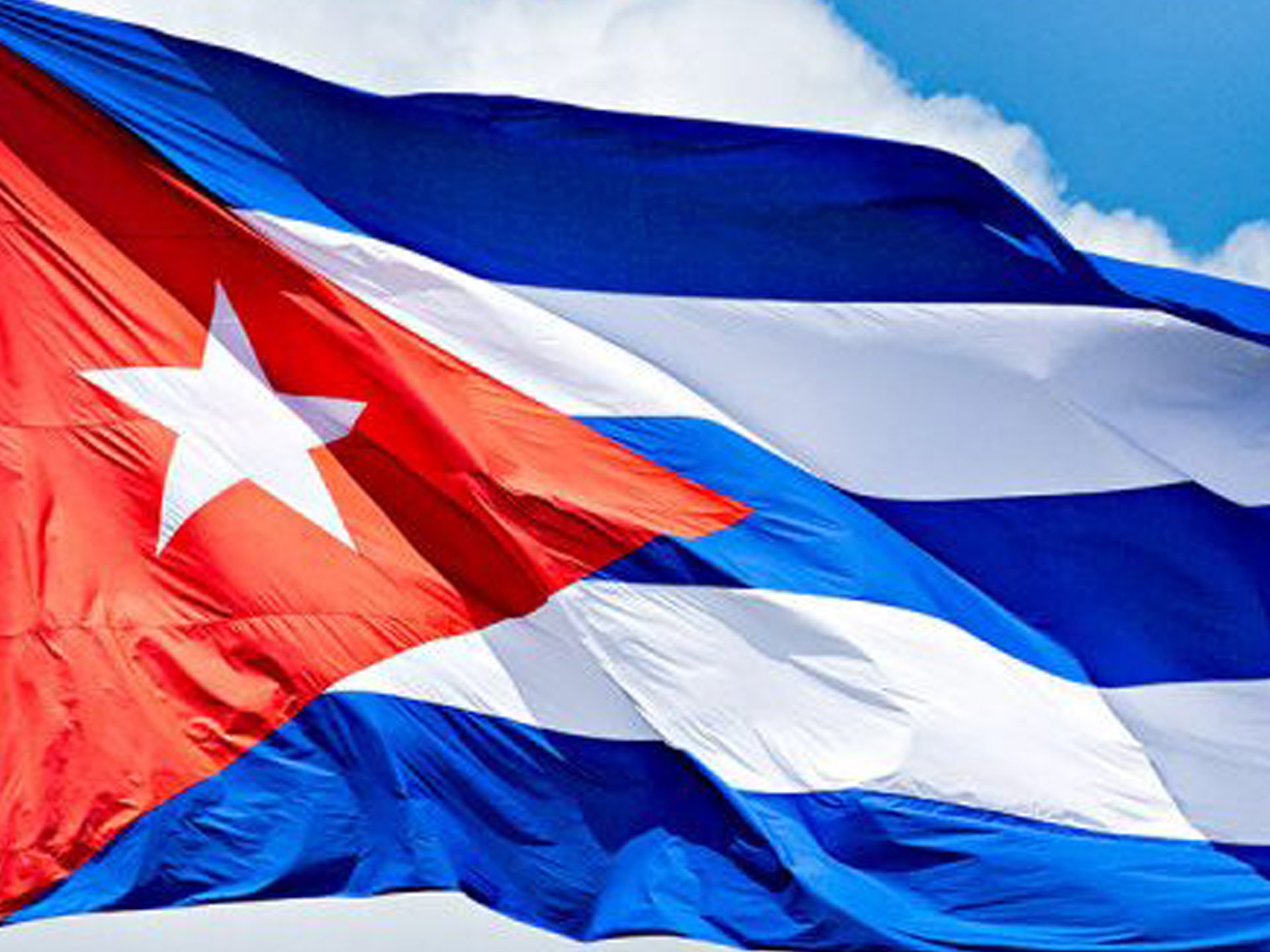
Rum Regions: Cuba
Cuban rum leads a double life. To some, it’s a light rum at the heart of countless daiquiris and mojitos over the decades. To others, its long-aged expressions are the pinnacle of aging mastery. Despite its position as one of the Caribbean’s most popular spirits, Cuban rum is shrouded in mystery.
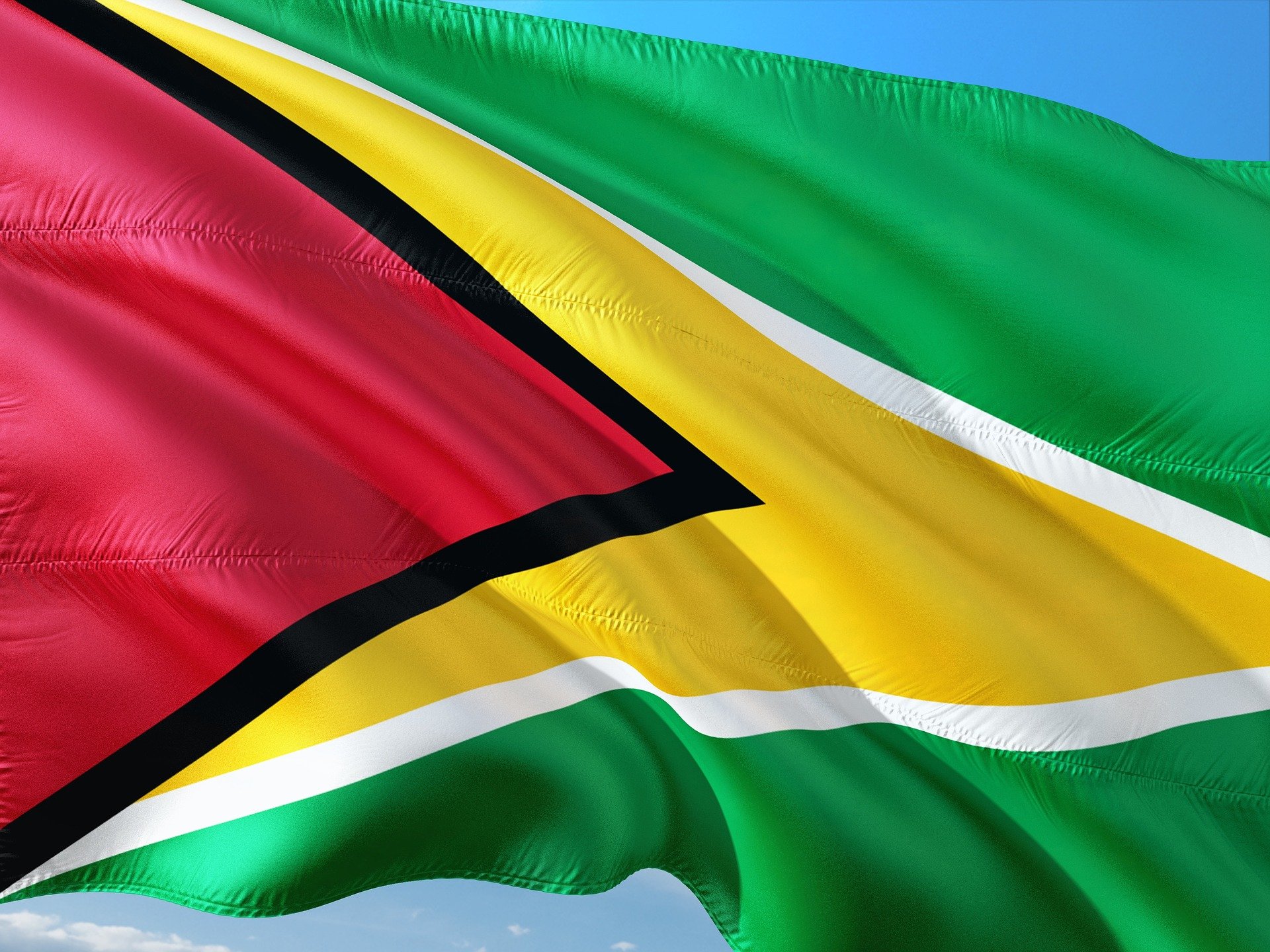
Rum Regions: Guyana
In rum history’s annals, Demerara rum from Guyana is among the most storied styles of rum. But beyond vague descriptions including “smokey” and “made from Demerara sugarcane,” most enthusiasts don’t know much about what makes Guyana’s rum unique.
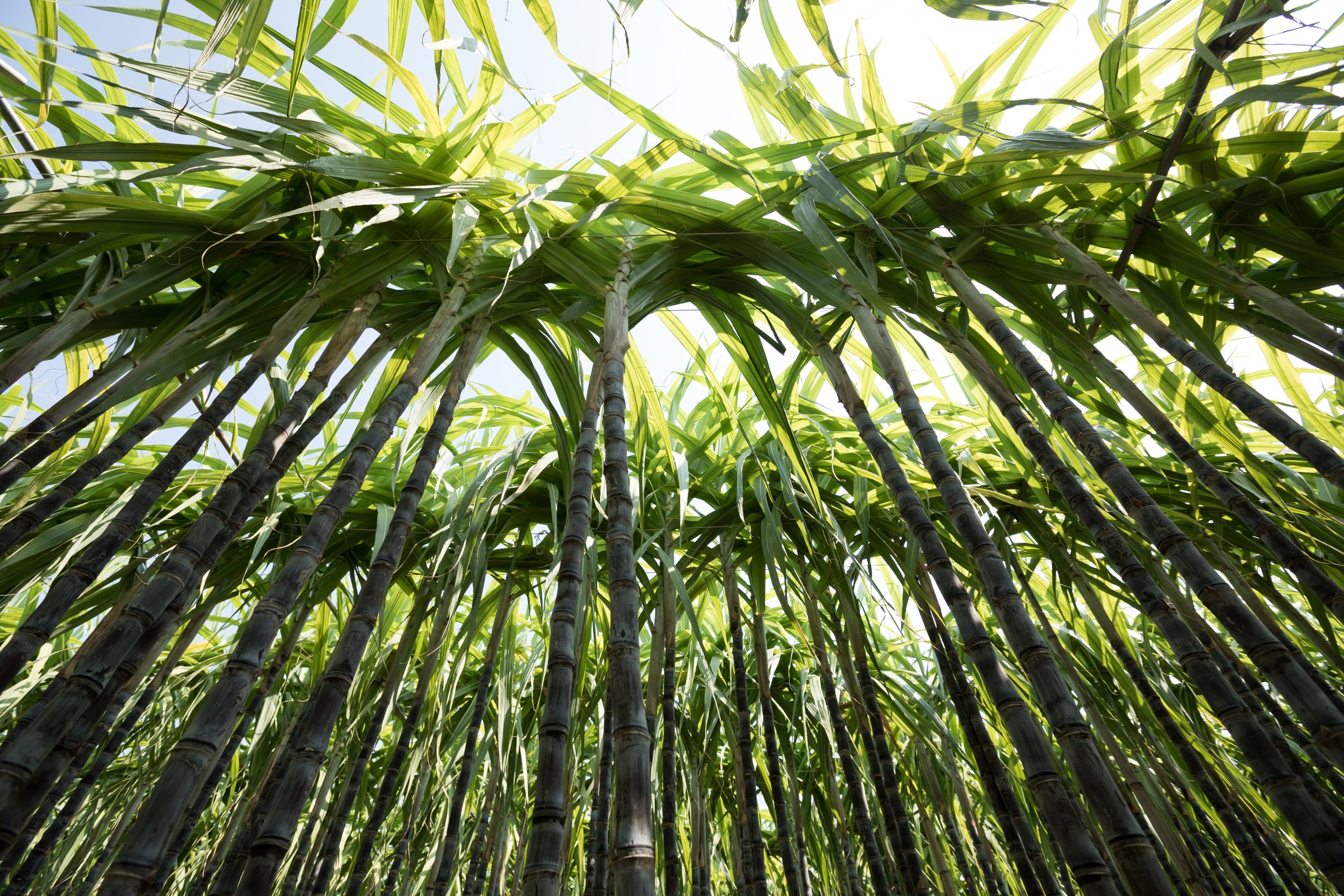
Rum Regions: French Caribbean
The French islands of Martinique and Guadeloupe are famous for their cane juice-based rhum agricole. They constitute half of France’s rum-making regions (departments); the others are Reunion Island in the Indian ocean and French Guiana in South America. Note: island of Marie Galante is technically part of the Guadeloupe archipelago of six inhabited islands.
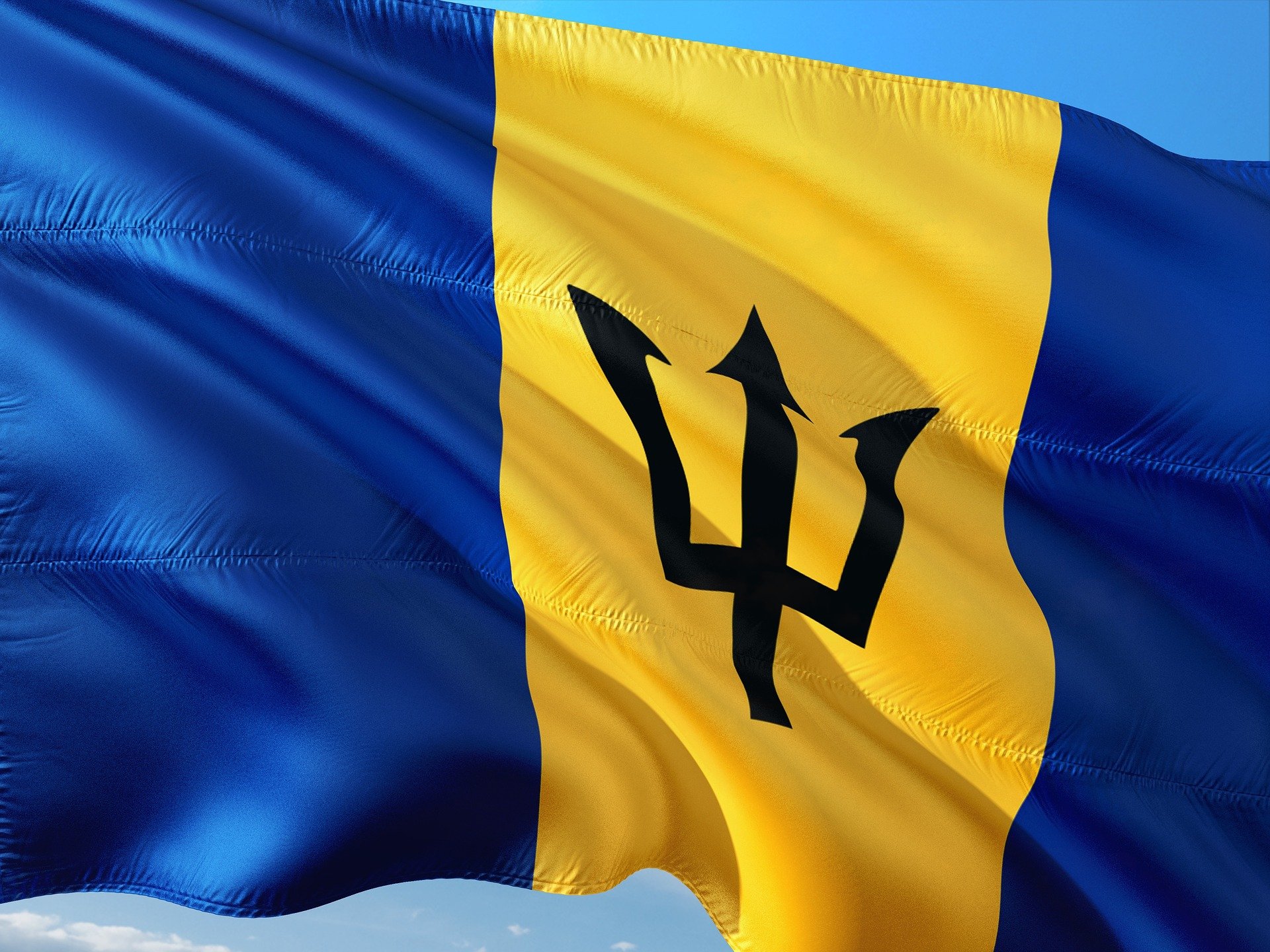
Rum Regions: Barbados
Many rum afficionados consider Barbados rum an ideal introduction to the rum category. It’s enjoyable and “rummy” without veering into the bolder (and let’s face it) more polarizing flavors seen in funky Jamaican rum, grassy rhum agricole, or the wild fermentation-induced flavors of Haitian clairin.
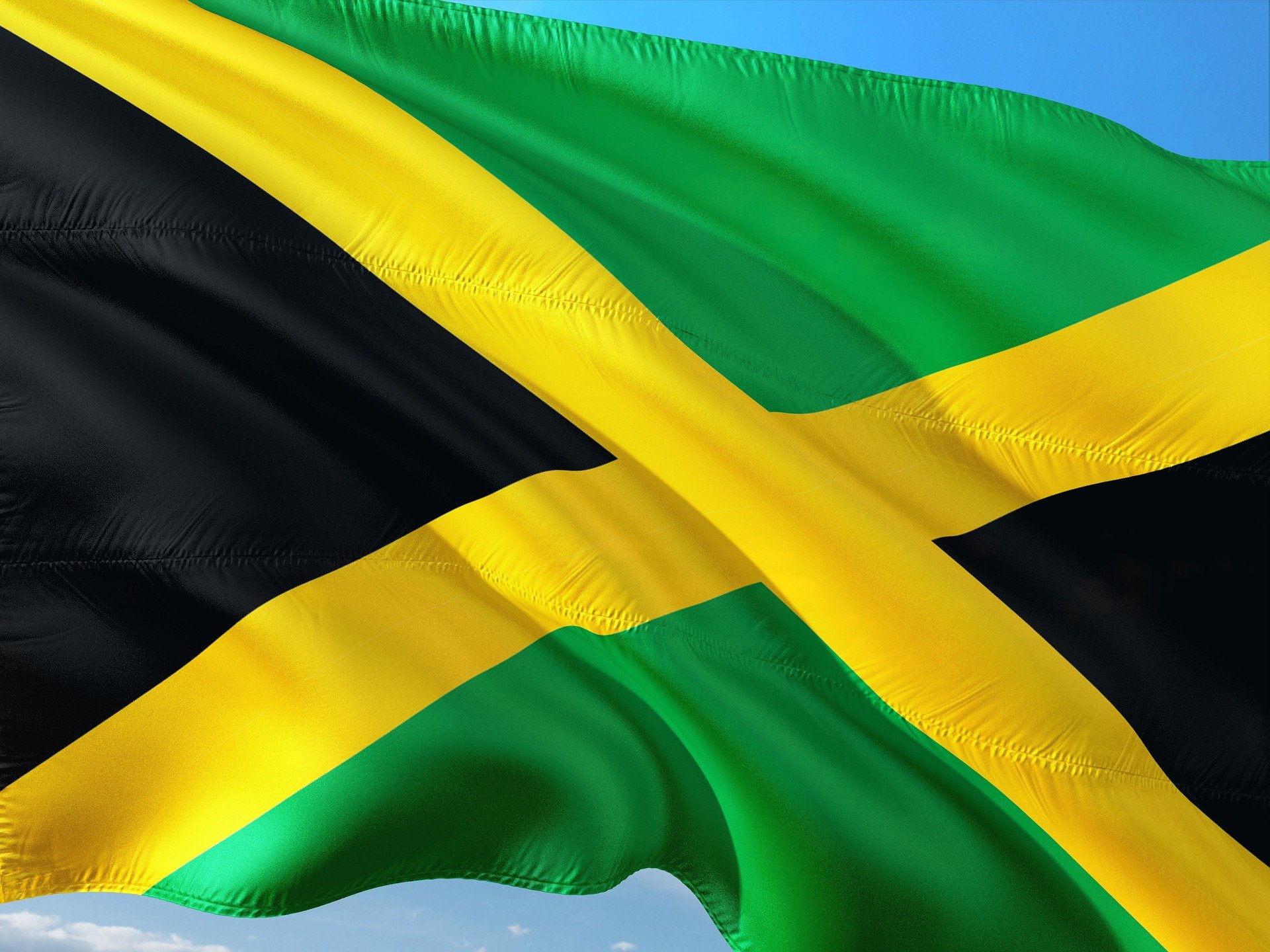
Rum Regions: Jamaica
When it comes to iconic rum, Jamaica has several seats at the head table. Often referred to as hogo or funk, their unique aromas and flavors are instantly recognizable. Tasting notes for Jamaican rum highlight rotting banana, overripe fruit, and petrol.
Wait - why would anyone drink this?
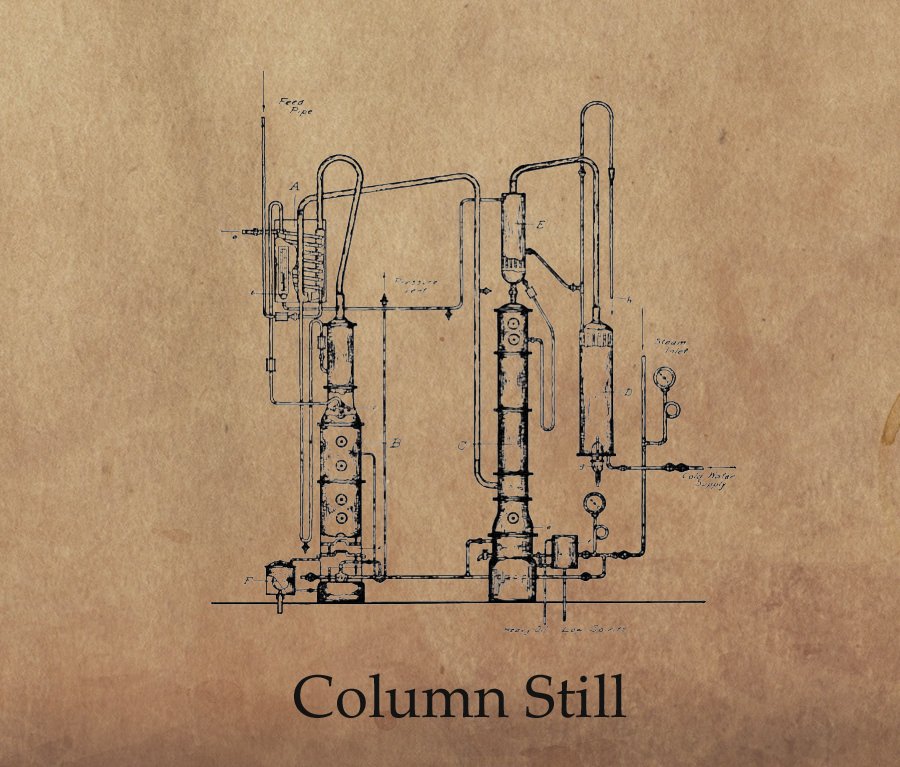
The Column Still’s Influence on Rum’s Evolution
The column still has been an integral part of rum making for nearly 200 years. Today, the vast majority of rum made around the world is made with column stills, and many revered distilleries include column distillation in their repertoire. However, column distillation wasn’t universally well-received early on.

Navy Rum
In the era of wooden sailing ships, a sailor’s life at sea was brutal. It’s not surprising that many navies issued alcoholic beverages to boost morale and keep crews from deserting while docked. Wine, beer, brandy, and gin were commonly given to these mariners, but no libation captured the public’s imagination like Britain’s Royal Navy rum has.
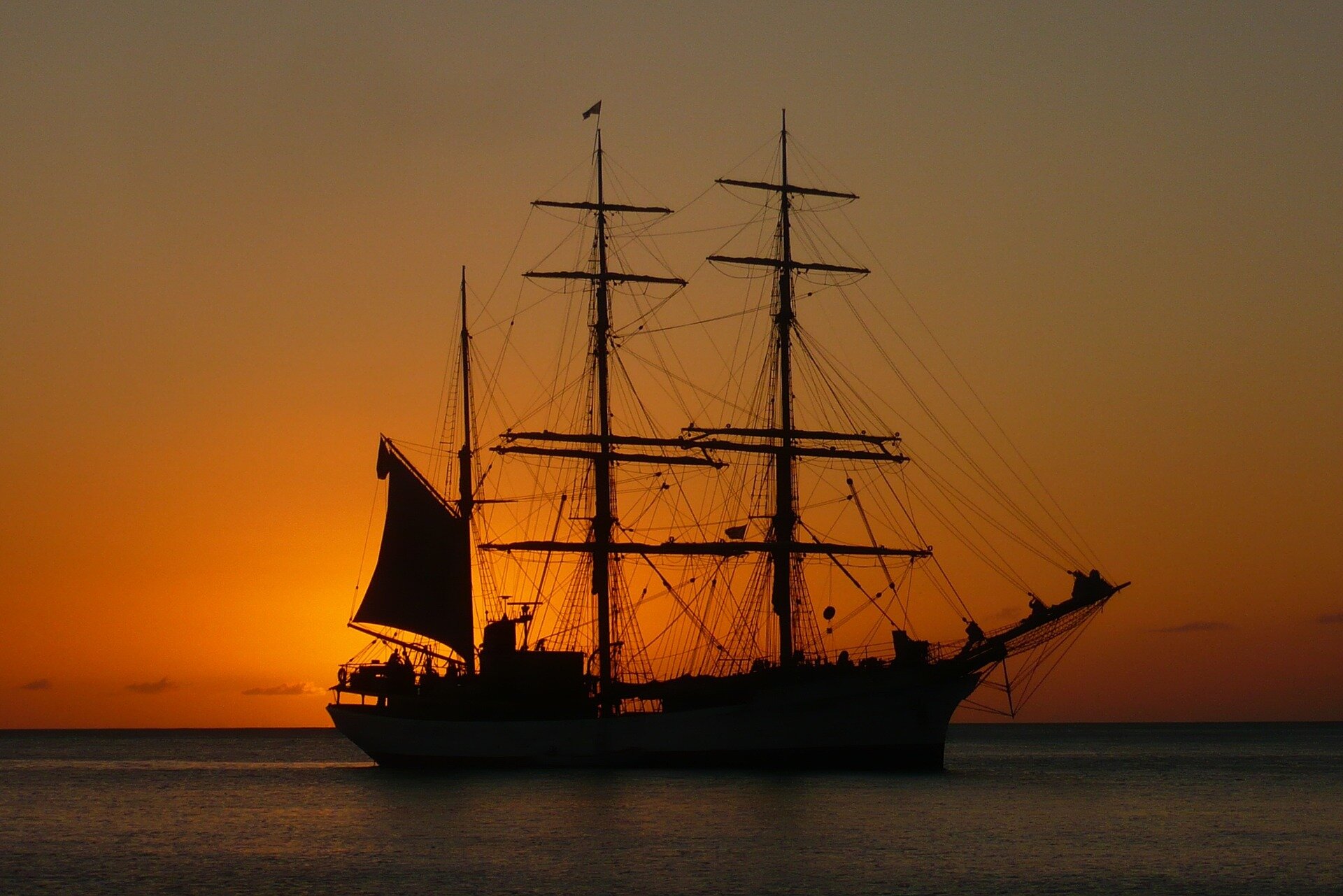
The origin of cane spirits in the New World
When we look at the enormously broad set of rum styles available today, it’s hard to fathom just how much cane spirits have evolved over five centuries. Or perhaps even longer!
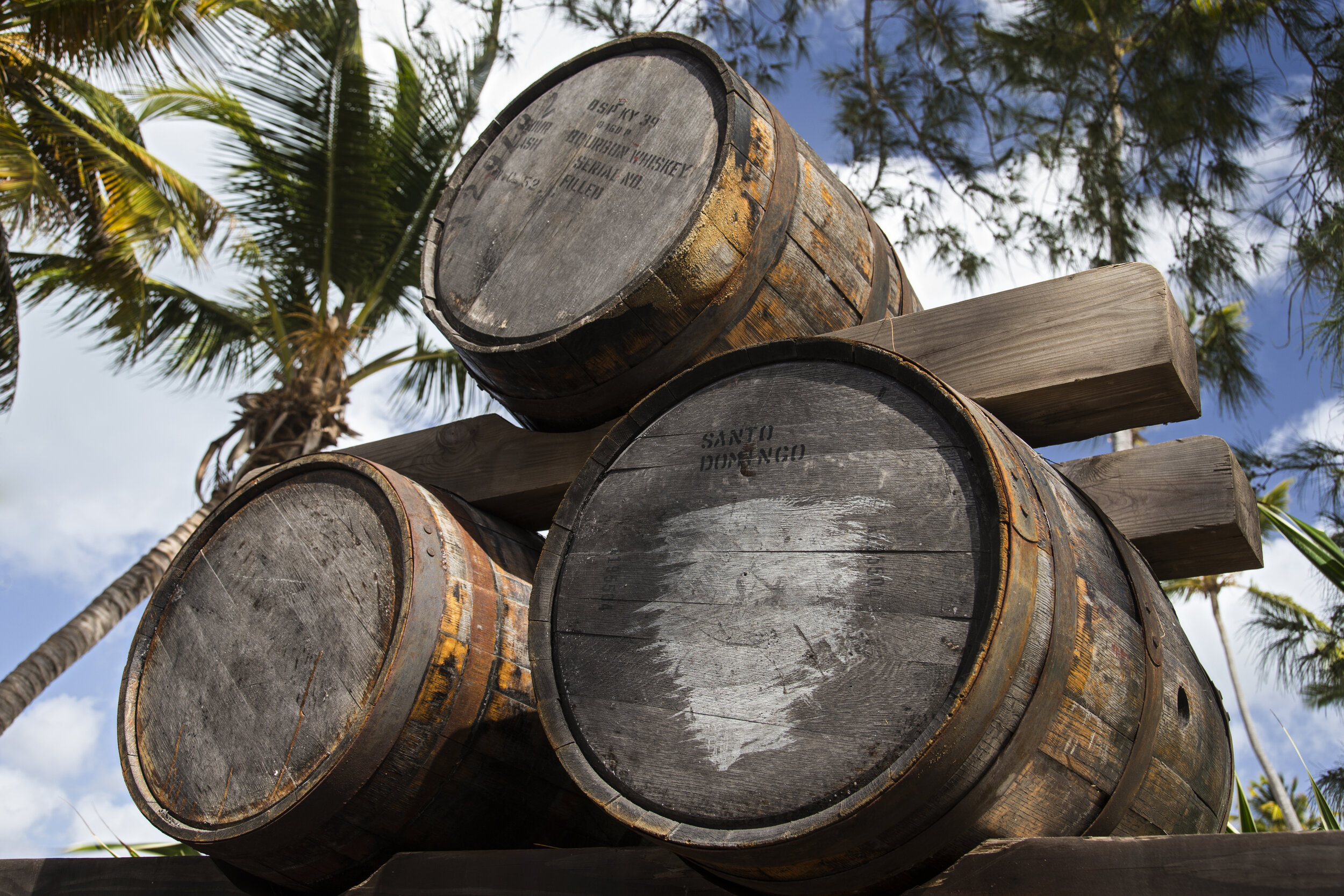
The evolution of rum styles
Rum enthusiasts know all about the enormous diversity of rum flavors, especially when compared to single-country spirits like bourbon or Scotch whisky.
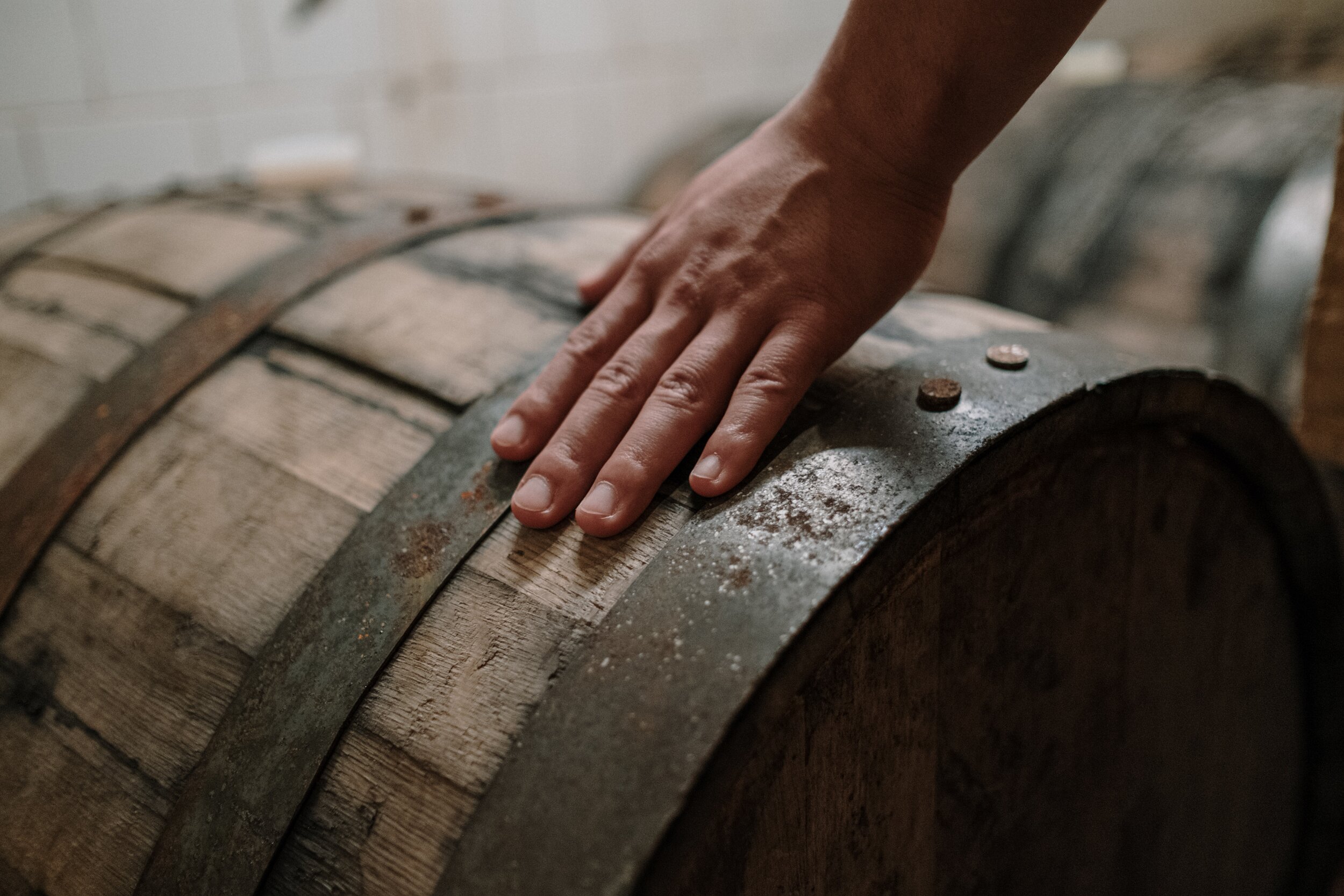
Blending & proofing
In our three prior installments, we covered fermentation, distillation, and aging. But there are several more critical yet little-known steps before a rum is ready for bottling.
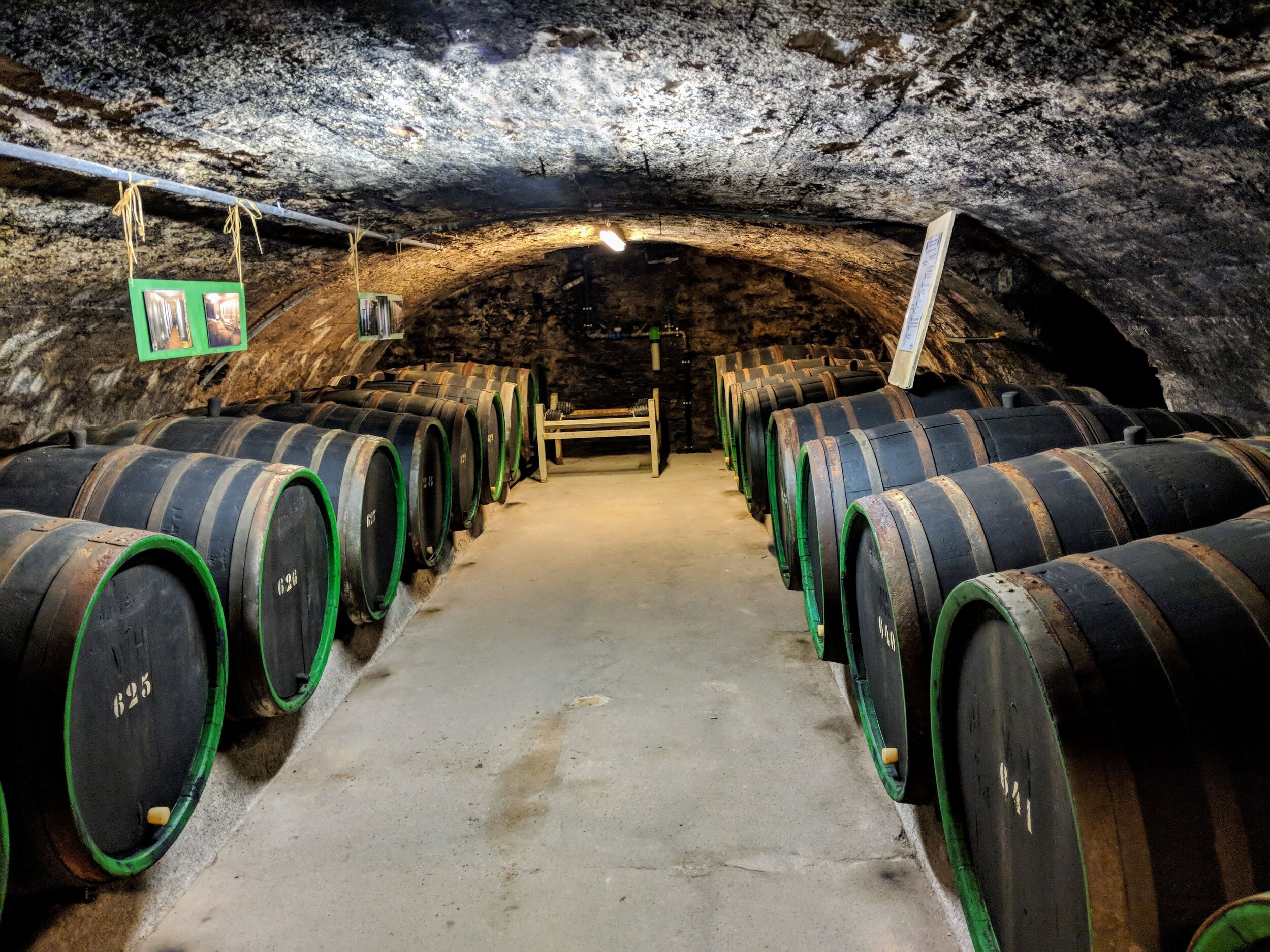
The art of aging
In our prior two installments we learned how sugarcane is turned into raw rum. While rum is frequently sold unaged - think Martinique rhum agricole blanc, or Jamaican “overproof” rum - most rums are further transformed via aging in wood casks prior to sale.
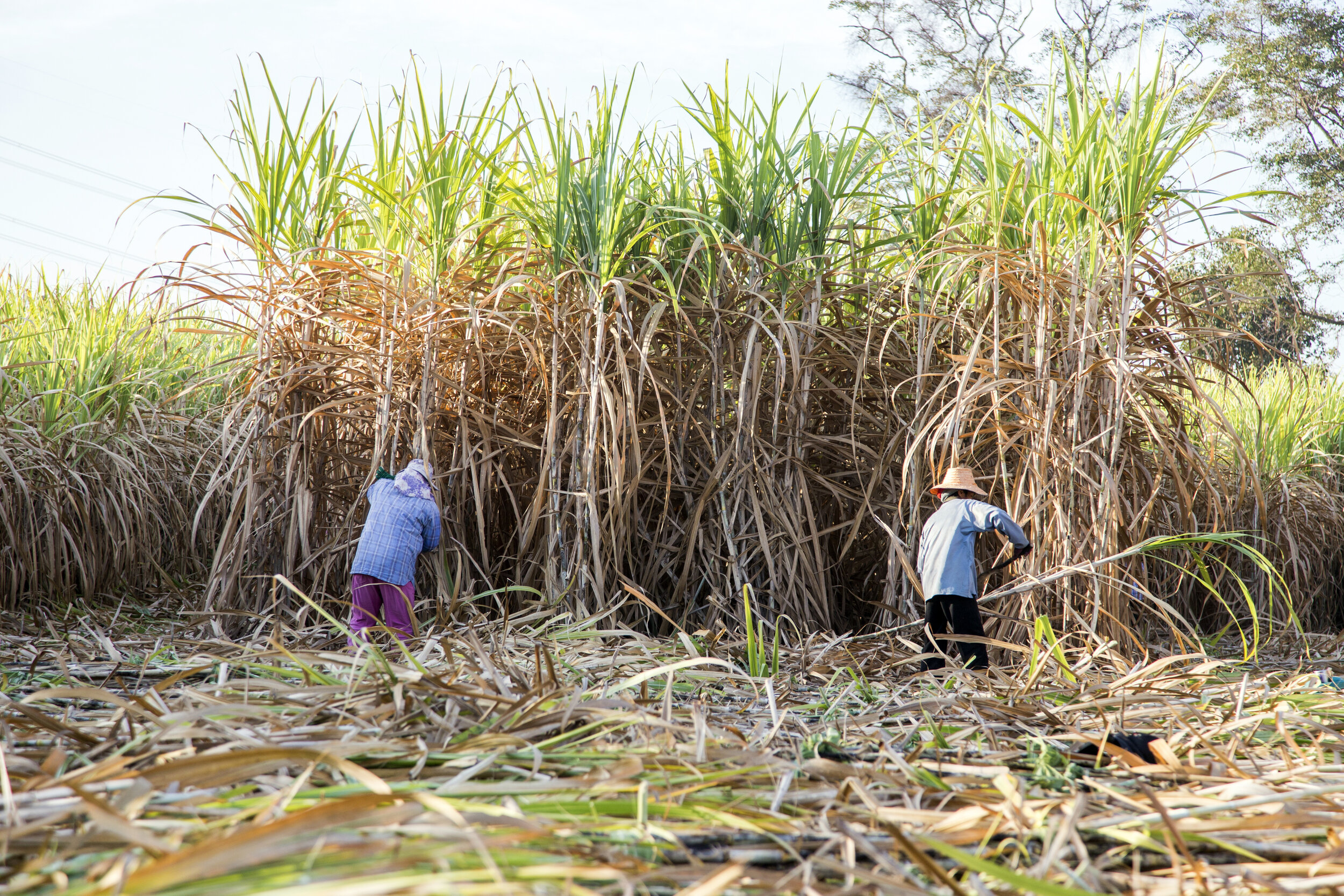
Distillation: from cane wine to rum
In the first episode of our series, we learned how sugarcane juice or molasses is fermented with yeast to make a low strength cane juice “wine” of around 8% ABV. To create rum from this wine, we must concentrate the alcohol while simultaneously removing poisonous and unpleasant tasting organic compounds.
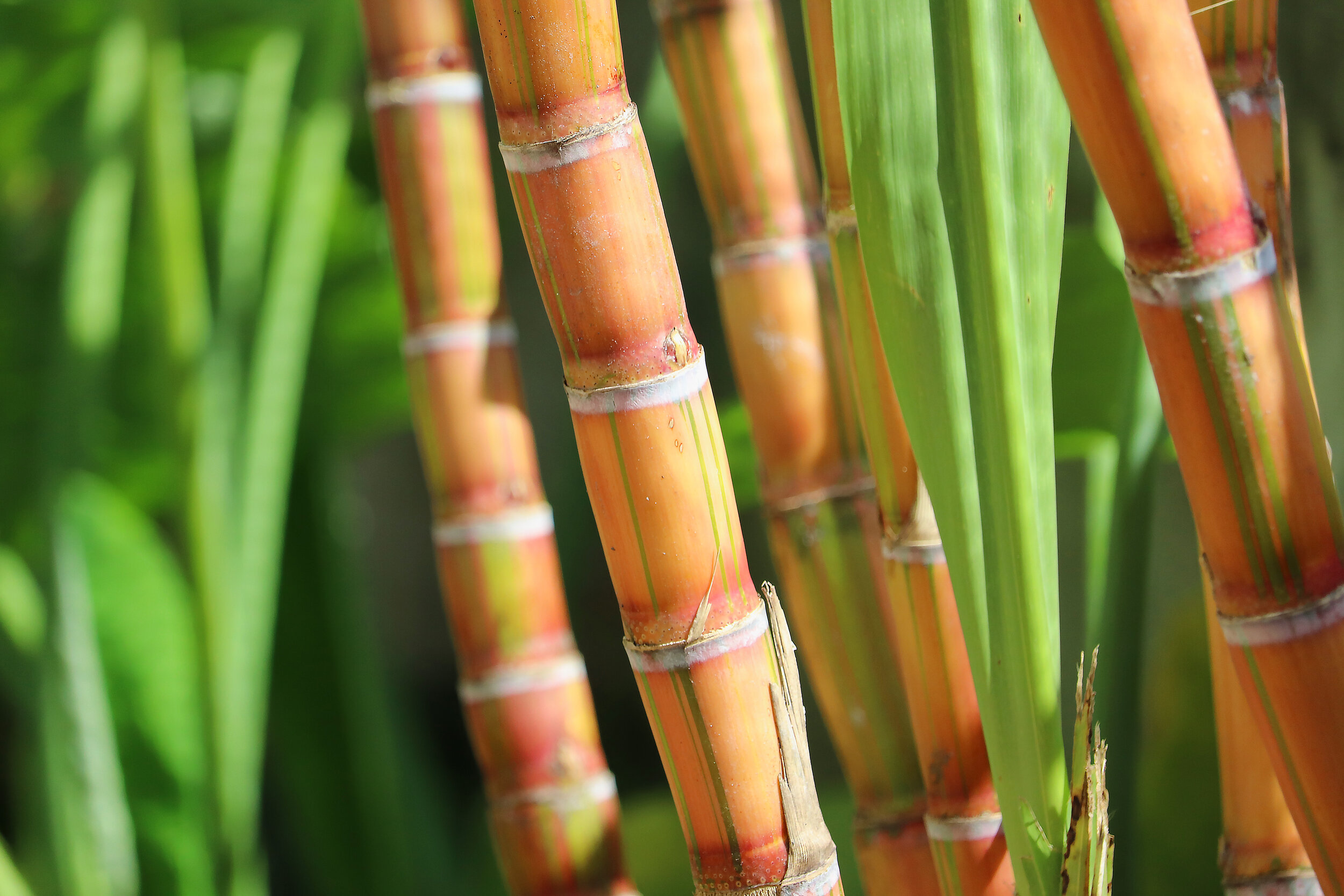
Source material and fermentation
The world’s rums span an enormous breadth of flavor profiles, more than any other type of spirit. But all rums have one fundamental common element: They’re made from sugarcane juice or something derived from sugarcane juice.
